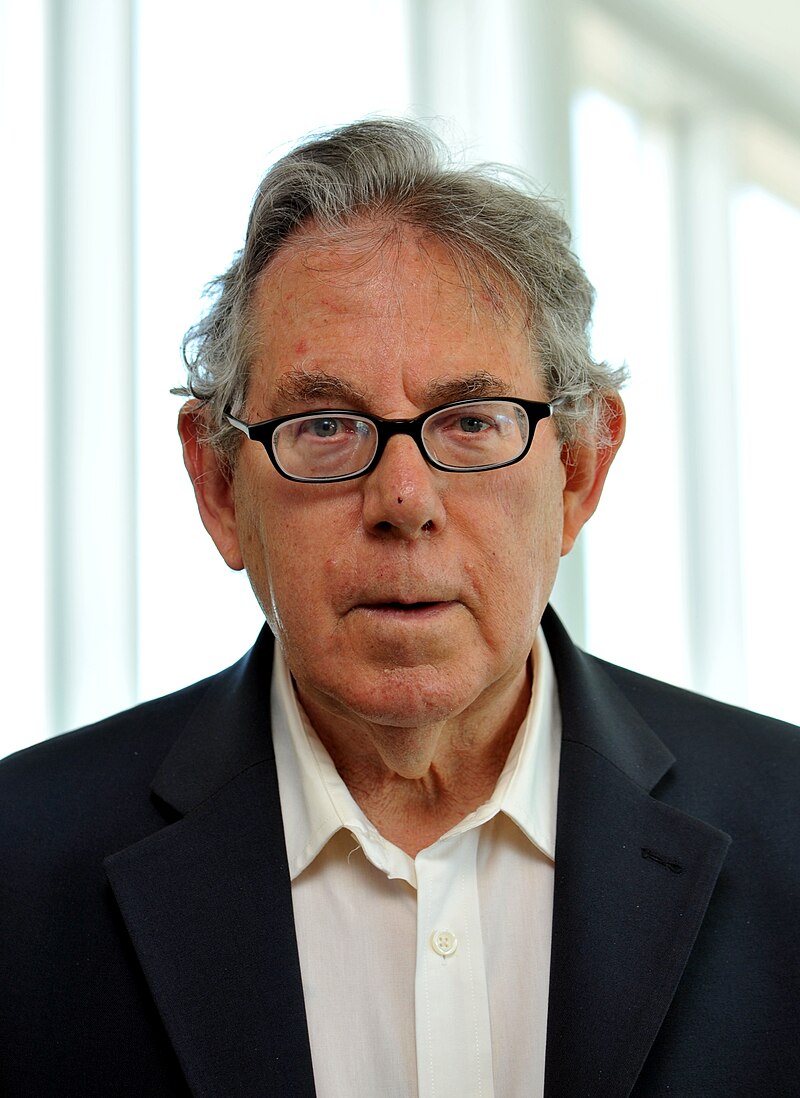
Paul Crutzen
Paul Crutzen was a Dutch atmospheric chemist and Nobel laureate known for his groundbreaking work in atmospheric science, particularly regarding the ozone layer and climate change. He coined the term 'Anthropocene' to describe the current geological epoch, characterized by significant human impact on Earth's geology and ecosystems. Crutzen's insights have been pivotal in understanding the environmental crises facing the planet today, linking scientific knowledge to broader discussions on sustainability and the future of humanity.
Born on Dec 03, 1933 (92 years old)
Global Media Ratings
Countries Mentioned
No country-level mention data available.
Interactive World Map
Each country's color is based on "Mentions" from the table above.
Recent Mentions
 United Kingdom:
Paul Crutzen showed that weather conditions could exacerbate the ozone depletion problem.
8
United Kingdom:
Paul Crutzen showed that weather conditions could exacerbate the ozone depletion problem.
8
 Switzerland:
Paul Crutzen co-authored a significant article in 1982 warning about the environmental consequences of nuclear warfare.
8
Switzerland:
Paul Crutzen co-authored a significant article in 1982 warning about the environmental consequences of nuclear warfare.
8
 Switzerland:
Paul Crutzen co-authored a significant article in 1982 warning about the consequences of nuclear warfare.
8
Switzerland:
Paul Crutzen co-authored a significant article in 1982 warning about the consequences of nuclear warfare.
8
 Venezuela:
Paul Crutzen, Nobel Prize winner in Chemistry, introduced the term 'Anthropocene' during a conference.
7
Venezuela:
Paul Crutzen, Nobel Prize winner in Chemistry, introduced the term 'Anthropocene' during a conference.
7
 Venezuela:
Paul Crutzen, Nobel Prize in Chemistry 1995, coined the term 'Anthropocene' during a conference in 2000.
7
Venezuela:
Paul Crutzen, Nobel Prize in Chemistry 1995, coined the term 'Anthropocene' during a conference in 2000.
7
 Italy:
Paul Crutzen was awarded the Nobel Prize in Chemistry in 1995 for his work on ozone depletion.
9
Italy:
Paul Crutzen was awarded the Nobel Prize in Chemistry in 1995 for his work on ozone depletion.
9
 Venezuela:
The term Anthropocene was proposed in 2000 by Nobel Laureate Paul Crutzen to highlight how human activity has transformed the climate, geology, and ecosystems on an unprecedented scale.
9
Venezuela:
The term Anthropocene was proposed in 2000 by Nobel Laureate Paul Crutzen to highlight how human activity has transformed the climate, geology, and ecosystems on an unprecedented scale.
9
 Costa Rica:
Paul Crutzen coined the concept of the Anthropocene, estimating that 150 species disappear each day.
7
Costa Rica:
Paul Crutzen coined the concept of the Anthropocene, estimating that 150 species disappear each day.
7
 Colombia:
Paul Crutzen proposed that the Holocene had ended and that the 'Anthropocene' had begun.
7
Colombia:
Paul Crutzen proposed that the Holocene had ended and that the 'Anthropocene' had begun.
7
 Sweden:
Crutzen coined the term 'Anthropocene' in the same year Putin rose to power.
8
Sweden:
Crutzen coined the term 'Anthropocene' in the same year Putin rose to power.
8
